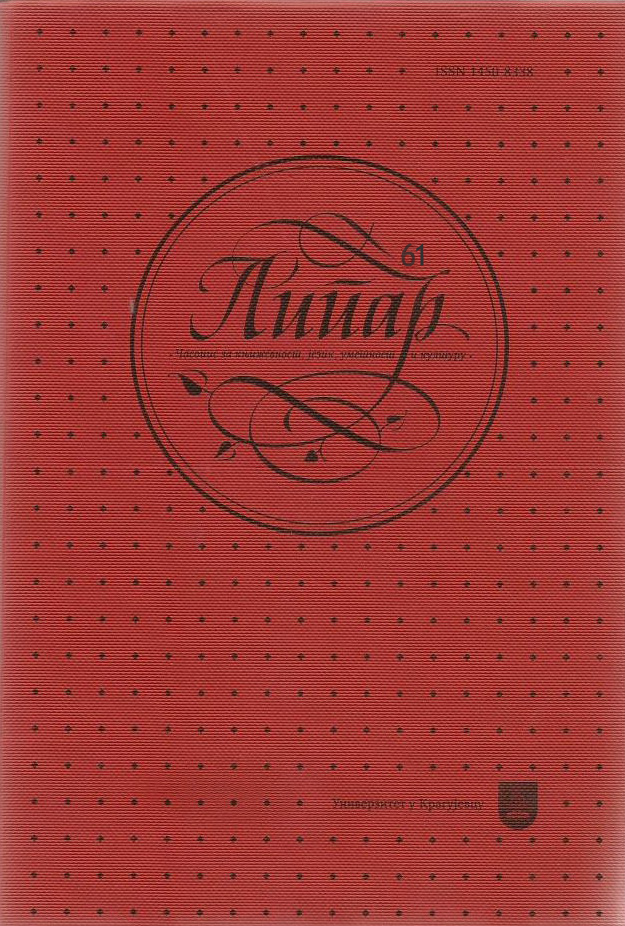ПРОБЛЕМ ПРЕТПОСТАВЉЕНОГ ДÉЛА ПРОСТОРА У
ТЕОРИЈИ МОГУЋИХ КЊИЖЕВНИХ СВЕТОВА
THE PROBLEM OF PRESUPPOSED SPACE IN THE POSSIBLE
LITERARY WORLDS THEORY
Author(s): Stefan PajovićSubject(s): Language and Literature Studies, Studies of Literature, Other Language Literature, Philology, Theory of Literature
Published by: Универзитет у Крагујевцу
Keywords: fiction;space;ontology;toponym;possible worlds;poetry;Dublin;chronotope
Summary/Abstract: The paper examines the ontological and epistemological nature of the fictional worlds of literature. The focus is not on the delineated part of space described in the literary work, but rather on those parts of the literary world which are not explicitly mentioned and the degree to which they are presupposed in relation to the real world. The paper also focuses on the spatial milestones and the reasons behind their existence or non-existence. The theoretical framework includes primarily but not exclusively the writings of Lubomir Doležel and Umberto Eco, who are the most prominent writers of the Possible worlds theory. Having taken their viewpoints into consideration, we explore the degree to which the unwritten parts of space correspond to the real world order. We conduct our research using examples from Irish poetry, or more precisely, four poems by Louis MacNeice, Seamus Heaney, Patrick Kavanagh, and Eavan Boland and their image of the city of Dublin, or more precisely, its literary chronotope. In the conclusion, we determine the nature of these literary worlds and the (in)ability of their existence, including the various ways in which we as readers can perceive them.
Journal: Липар - часопис за књижевност, језик, уметност и културу
- Issue Year: XVII/2016
- Issue No: 61
- Page Range: 127-136
- Page Count: 10
- Language: Serbian

